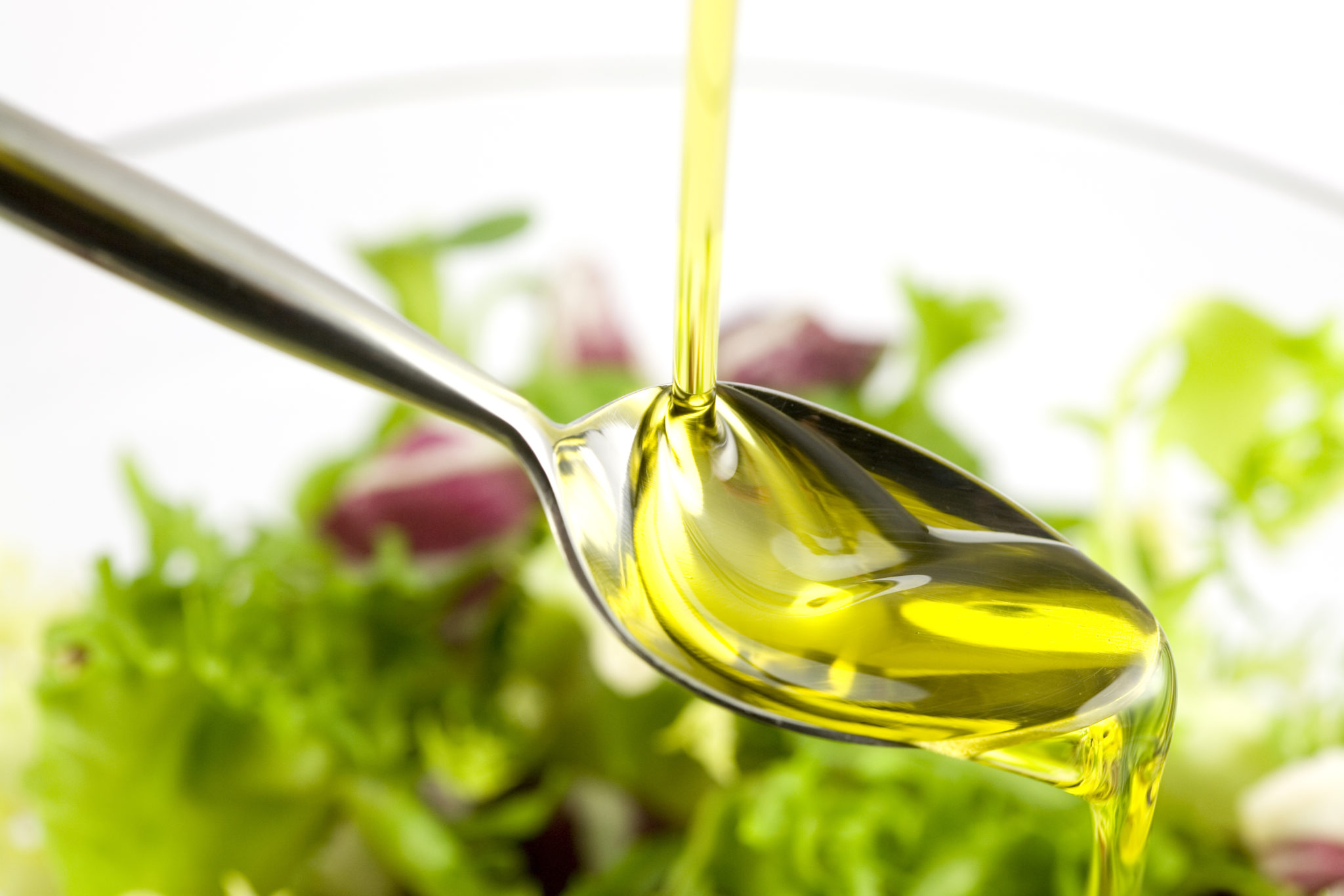
Whether it’s made from animal, plants or a synthetic fat, cooking oil is one of the most reliable tools in a chef’s bag of tricks. The oil can be used in baking and frying, among other cooking methods, and is noteworthy for the flavoring it adds to a wide variety of dishes. Understanding what can be done with cooking oil can expand a chef’s skill set and mastery of the culinary arts, especially when they’re still enrolled in culinary academy.
“Oil can be one of the most versatile tools for a chef.”
To get you started in using cooking oil more effectively, follow this four handy tips:
1. Explore the many oil types
When it comes to choosing a cooking oil, Bon Appetit noted that there are several varieties for chefs to experiment with.
The most common is extra virgin olive oil, which is popular for baking given its low smoke point (325 degrees Fahrenheit). Palm oil, meanwhile, is better for frying things as it has a smoking point of 450 degrees. Peanut oil has a similarly high smoking point, plus the benefit of heaps more flavor and great accompanying scents. While vegetable oil doesn’t have quite as much flavor, it is better for high heat sauteing. Some chefs also like to use grapeseed oil, which is extra versatile, and coconut oil for roasting.
2. Use oil very sparingly
Some chefs approach the use of oil with a mentality of more is better. However, as Men’s Health explained, the average oil is between 100 and 125 calories per tablespoon. That’s why it’s so important to use sparingly; one tablespoon is generally enough for your average sized pan. When buying oil, be sure to check the label for trans fats. Canola is generally the best given its low fat content, along with olive and peanut, while you should use the fattier options like vegetable and sesame more sparingly.
3. Storage makes a difference
In many ways, how the oil is stored will influence the quality and taste of each unique type. Always keep your oils in a the coolest corner of the refrigerator, as this will prevent damage from either external heat or light. While the oil might appear cloudy if stored in the fridge, this won’t affect the taste or overall quality. Just be sure to use oil quicker rather than saving it for extended periods, as it can go bad if not properly stored. Once it’s expired, the oil will have a distinctly bitter or rancid taste.
4. Don’t forget the cookware
According to Forks Over Knives, your chose of cookware is perhaps just as vital as the oil you’re using. Options like ceramic titanium or enamel-coated cast iron pans are good because they can handle the heat required when using oil. You may also want to consider a few extra tools when cooking with oil. Parchment paper, for instance, prevents sticking when you’re baking, while silicone ovenware helps when roasting vegetables. Always be cognizant of the situation.


